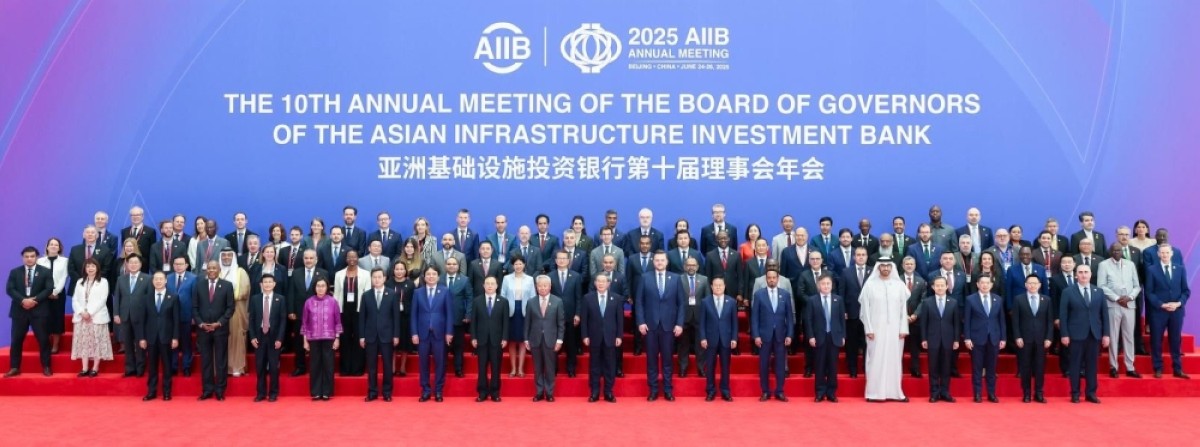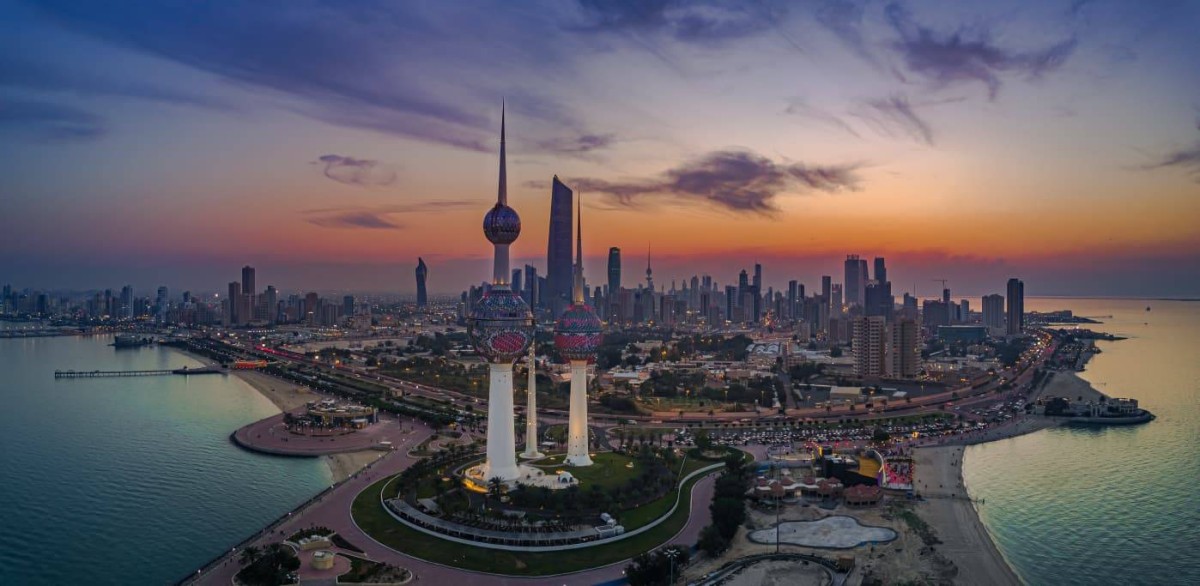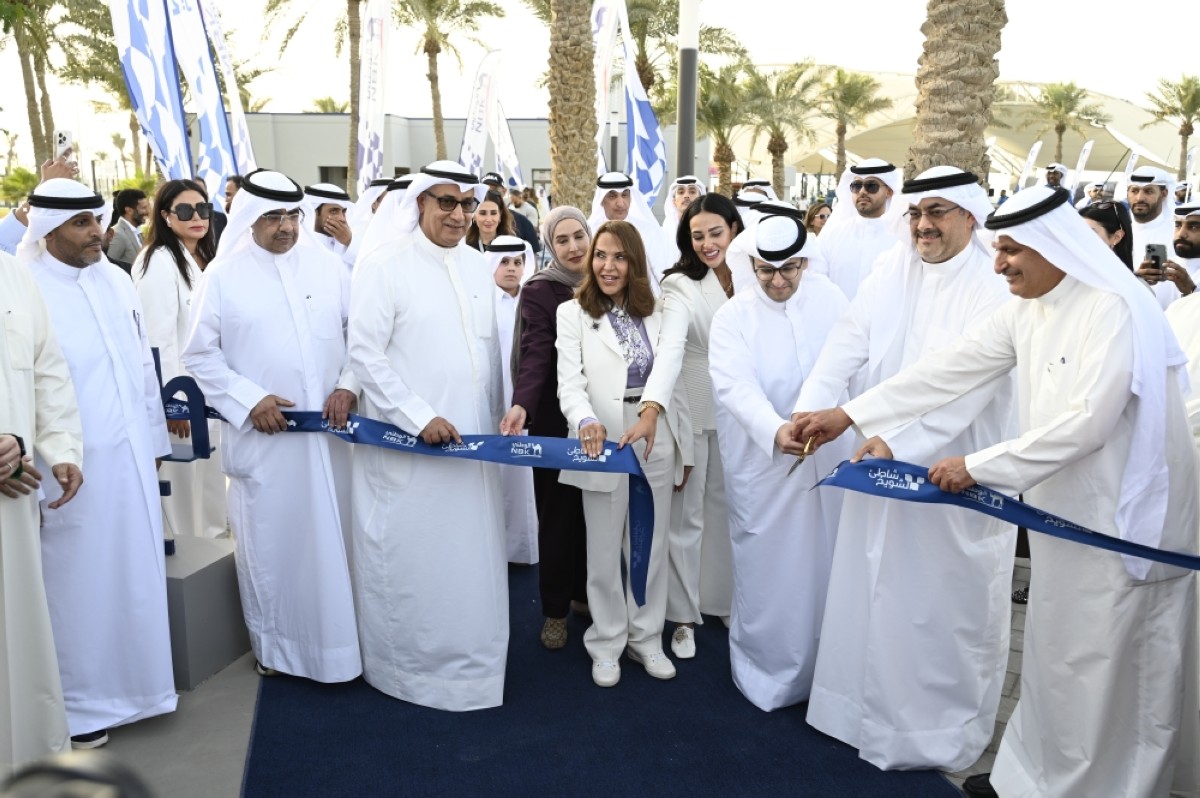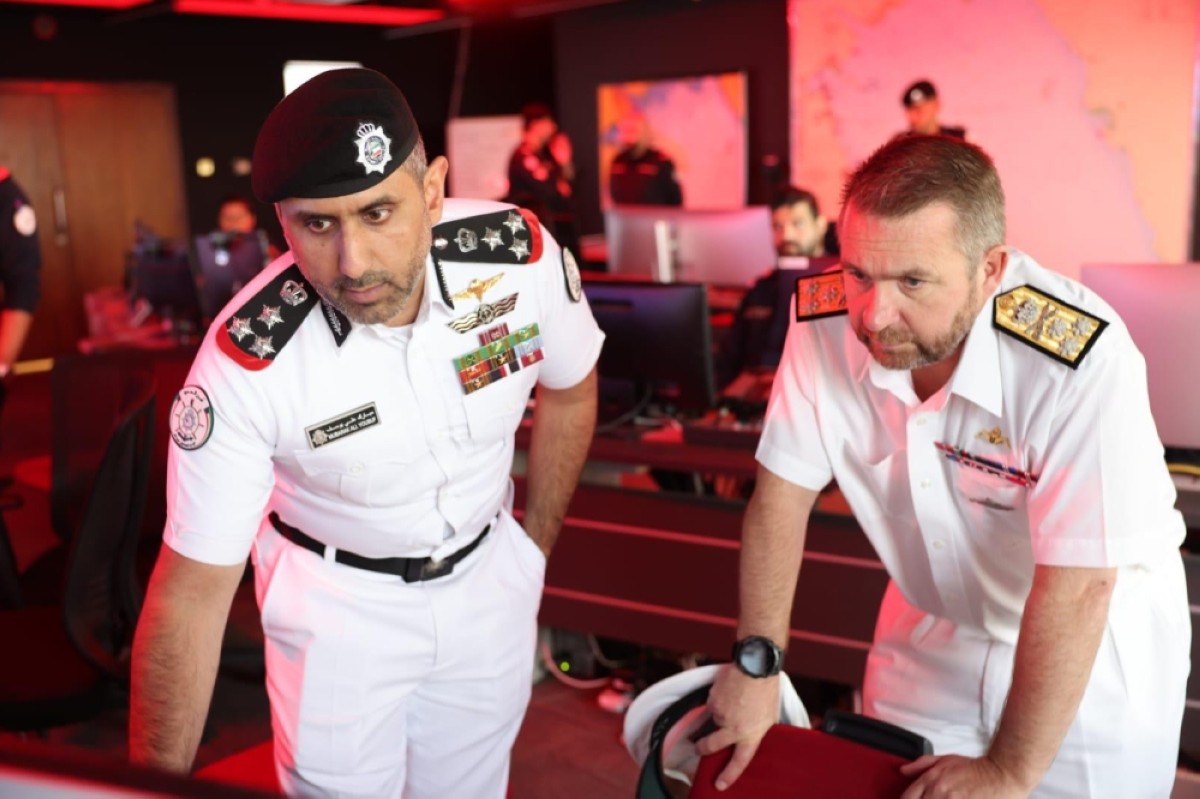KUWAIT: Kuwait has officially joined the Asian Infrastructure Investment Bank (AIIB) as a full member, becoming the 111th country to join the China-founded multilateral lender. The announcement was made during the bank’s 10th annual meeting, held in Beijing from June 24 to 26, where Kuwait was represented by Saad Al-Rasheedi, Director of the Department of International Economic Cooperation.
The move is seen as a strategic milestone, aligning Kuwait’s development financing agenda with one of the world’s fastest-growing multilateral banks focused on sustainable infrastructure, energy, and digital connectivity. Kuwait’s participation was formalized through Decree No 66 of 2025, ratified in early May.
Kuwait’s Ambassador to China, Jasem Al-Najem, welcomed the development, saying it will strengthen Kuwait’s role in international partnerships, particularly in infrastructure, energy, and transportation. “This step enhances Kuwait’s global position in multilateral development financing,” he told KUNA.
Founded in 2016 and headquartered in Beijing, the AIIB has grown into a key global player, with over 100 member states and more than $60 billion in approved infrastructure financing. The bank is expanding its presence in the Middle East, having opened its first overseas office in Abu Dhabi in 2023, and launching major partnerships with Saudi Arabia and the UAE.
Green financing
Although Kuwait has not yet received direct funding from the AIIB, its accession reflects a broader shift in its fiscal policy. In March 2025, the government enacted Law No 60 on Liquidity and Public Debt, introducing a KD 30 billion debt ceiling and enabling the issuance of sovereign instruments with maturities of up to 50 years. The law is designed to provide long-term financial stability and expand access to international capital.
Finance Minister Noura Al-Fassam described the law as key to Kuwait’s economic reform agenda. “This marks a crucial step toward building a diversified and sustainable economy that benefits both the state and its citizens,” she told KUNA in March. Faisal Al-Muzaini, Director of Public Debt Management, said the new framework would help fund infrastructure and development projects—potentially in partnership with institutions like the AIIB—and boost Kuwait’s profile as an investment destination.
Commentary from Kuwaiti law firm ASAR in May noted that joining the AIIB signals Kuwait’s intent to play a more active role in green financing and global infrastructure development, especially in priority sectors like renewable energy and power generation. Analysts say this complements the public debt law, which paves the way for blended financing models involving both traditional and multilateral sources. With a wave of Public-Private Partnerships (PPPs) being reactivated—such as the Zour North Phases 2 and 3 Independent Water and Power Plants and KDIPA’s economic zones—AIIB membership is expected to provide both funding and technical support, ASAR analysts said.
The move also reflects Kuwait’s deepening ties with China. Over recent years, the two countries have signed multiple memoranda of understanding related to infrastructure, energy, and logistics—sectors that overlap with AIIB’s core investment areas.
Following GCC’s lead
Kuwait’s accession comes as the GCC as a whole strengthens its relationship with the AIIB, which now includes all six Gulf countries as members. The bank’s growing presence in the region reflects increasing demand for infrastructure investment that supports economic diversification, energy transition, and digital transformation—key elements in Vision 2035, Saudi Vision 2030, and UAE’s Net Zero 2050.
AIIB financing typically takes the form of sovereign loans, equity investments, and PPP arrangements, with a focus on financially sustainable, climate-aligned projects. The bank has committed to allocating at least 50 percent of its funding to climate action by 2025, aligning with global sustainability goals.
Still, the AIIB has not escaped geopolitical scrutiny. While officially multilateral, the bank is heavily influenced by China, its largest shareholder with over 25 percent of voting power. This has raised concerns—particularly in Western policy circles—that the AIIB may serve as a tool for expanding Chinese influence through infrastructure diplomacy. Although the bank has taken steps to demonstrate independence—such as suspending operations in Russia and Belarus following the Ukraine invasion—skepticism persists over how political dynamics could shape future lending decisions.
Still, in a world increasingly defined by multipolar financing ecosystems, Kuwait’s participation in the AIIB offers a new avenue for advancing sustainable development goals, attracting foreign investment, and engaging with a shifting global economic order.


 Latest News24 hours ago
Latest News24 hours ago
 Business17 hours ago
Business17 hours ago
 Politics10 hours ago
Politics10 hours ago
 Latest News17 hours ago
Latest News17 hours ago
 Latest News15 hours ago
Latest News15 hours ago
 Latest News8 hours ago
Latest News8 hours ago
 Politics7 hours ago
Politics7 hours ago
 Latest News7 hours ago
Latest News7 hours ago

















